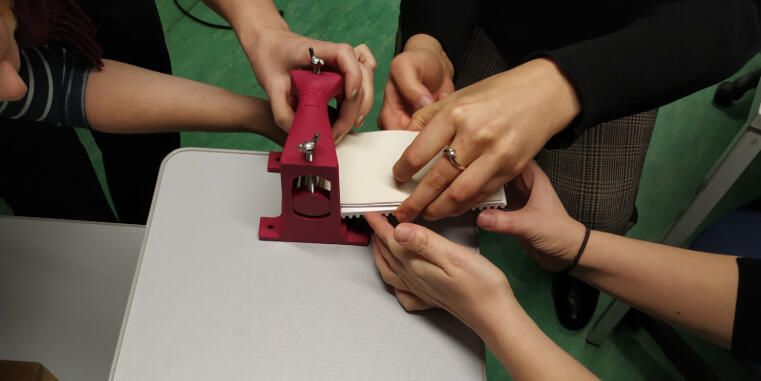
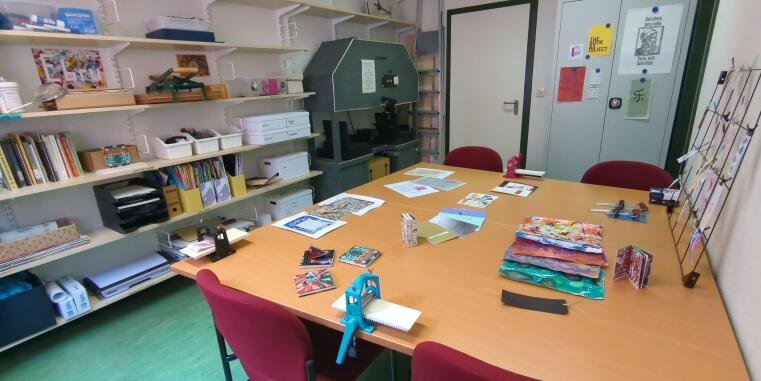
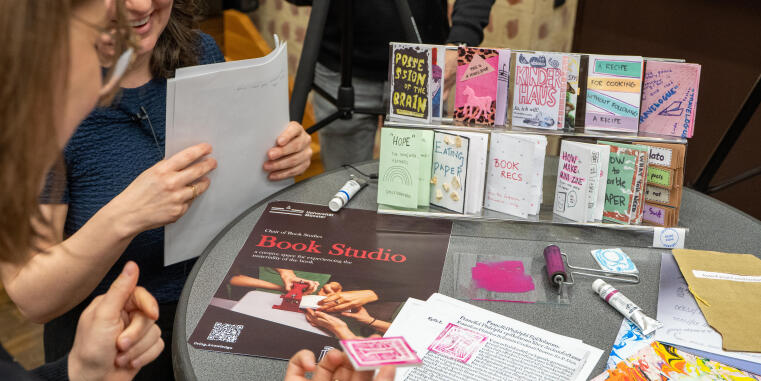
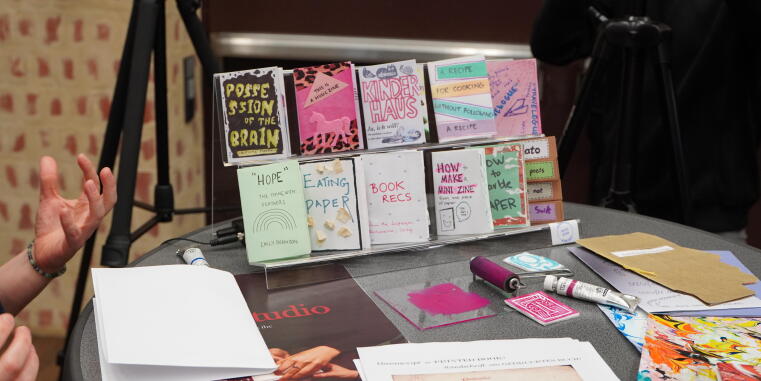




Welcome to the Book Studio webpage. Since 2020, the Book Studio has been a creative space for exploring the materiality of the book. As Josef Berry has stated in Teaching the History of the Book: “Time spent working with letterforms, illustration, and page building, as well as printing and binding techniques, immerses students in the story of the book” (Berry 2023, 108). Through a range of different workshops and events, we offer staff and students the opportunity to gain hands-on experience in the areas of binding, lettering, paper marbling, printing, zine making and more.
For information on upcoming workshops hosted by the Book Studio, please register on the Book Studies mailing list or follow us on Instagram.
Book Studio workshops in the first half of 2025 were generously supported by the Universitätsgesellschaft (https://www.uni-muenster.de/Foerderer/). The Book Studio was featured in the winter 2025/26 issue (https://www.uni-muenster.de/imperia/md/content/wwu/kuk/ukk_wise_25-26.pdf) of UniKunstKultur.
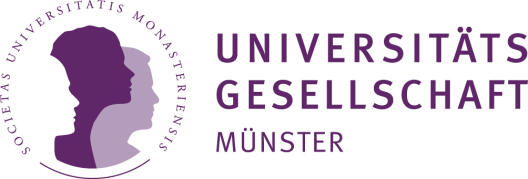
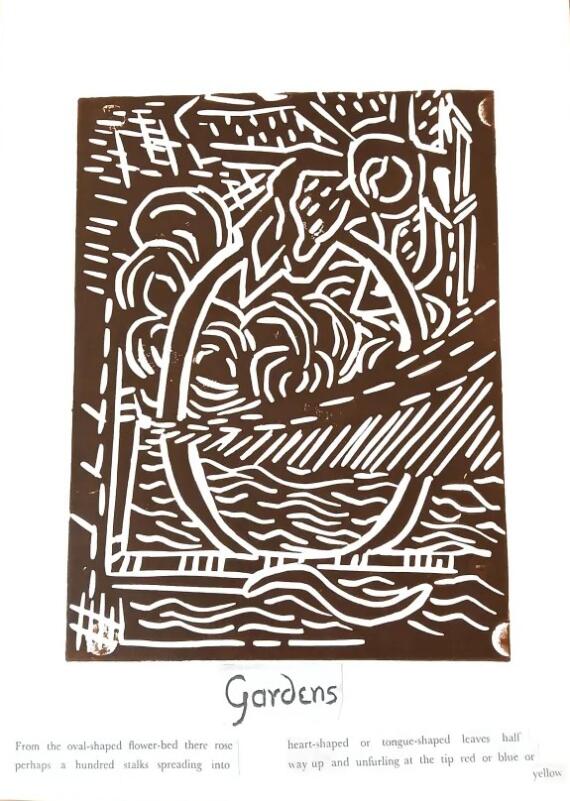
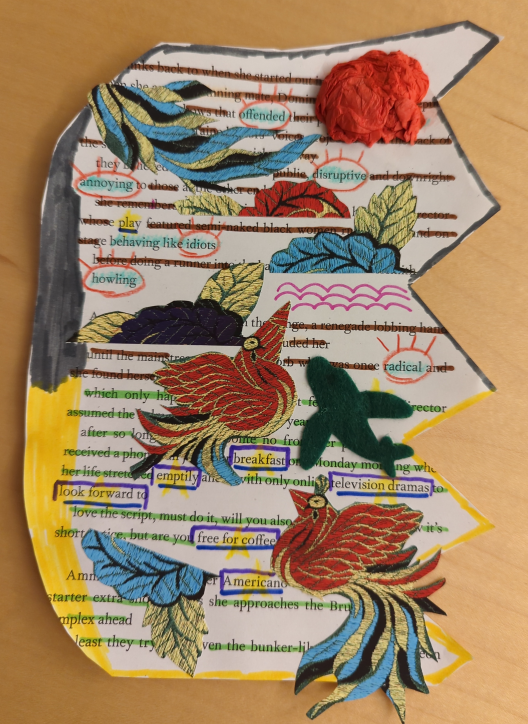
Erasure poetry, co-organized with Satura (2025)
“Erasure poetry, also known as blackout poetry, is a form of found poetry wherein a poet takes an existing text and erases, blacks out, or otherwise obscures a large portion of the text, creating a wholly new work from what remains” (Academy of American Poets). Similar to how a palimpsest shows evidence of multiple layers of use, erasure poetry differs in that poets intentionally use erasure to bring texts into conversation. For this workshop, students were inspired by the theme of Satura volume 7: Deformed.
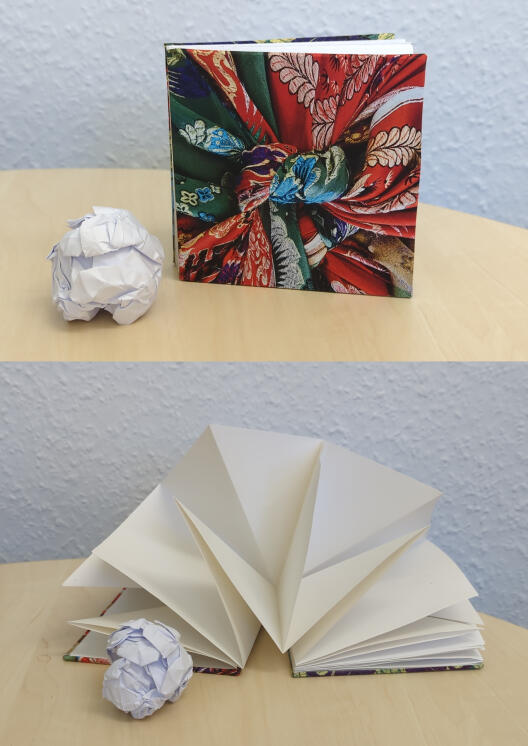
Origami Bottari books with Simon Morris of Inscription (2024)
Inspired by the Korean artist Kimsooja and her Bottari (‘bundles’) sculptures, Simon Morris used origami folding techniques to guide students in creating their own Bottari books. Using artwork featured in Inscription: The Journal of Material Text – Theory, Practice, History, and made up of many folded sheets of paper, the sculptural Bottari books artistically and playfully engaged with ways books can be seen as art objects and vessels.

Handlettering with Annika Klempel (2024)

Decorated Initials, from manuscripts to twentieth-century little magazines (2022)
